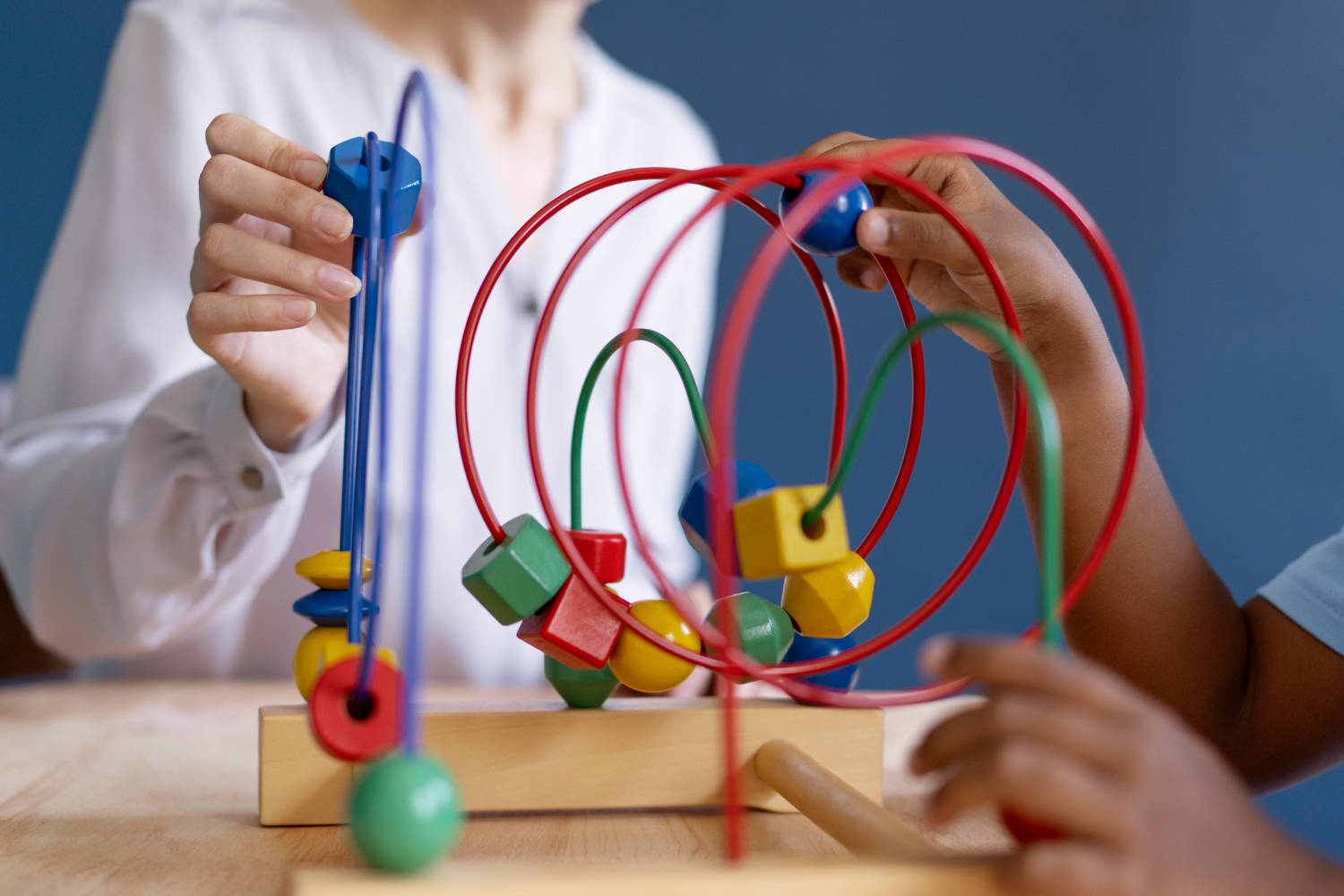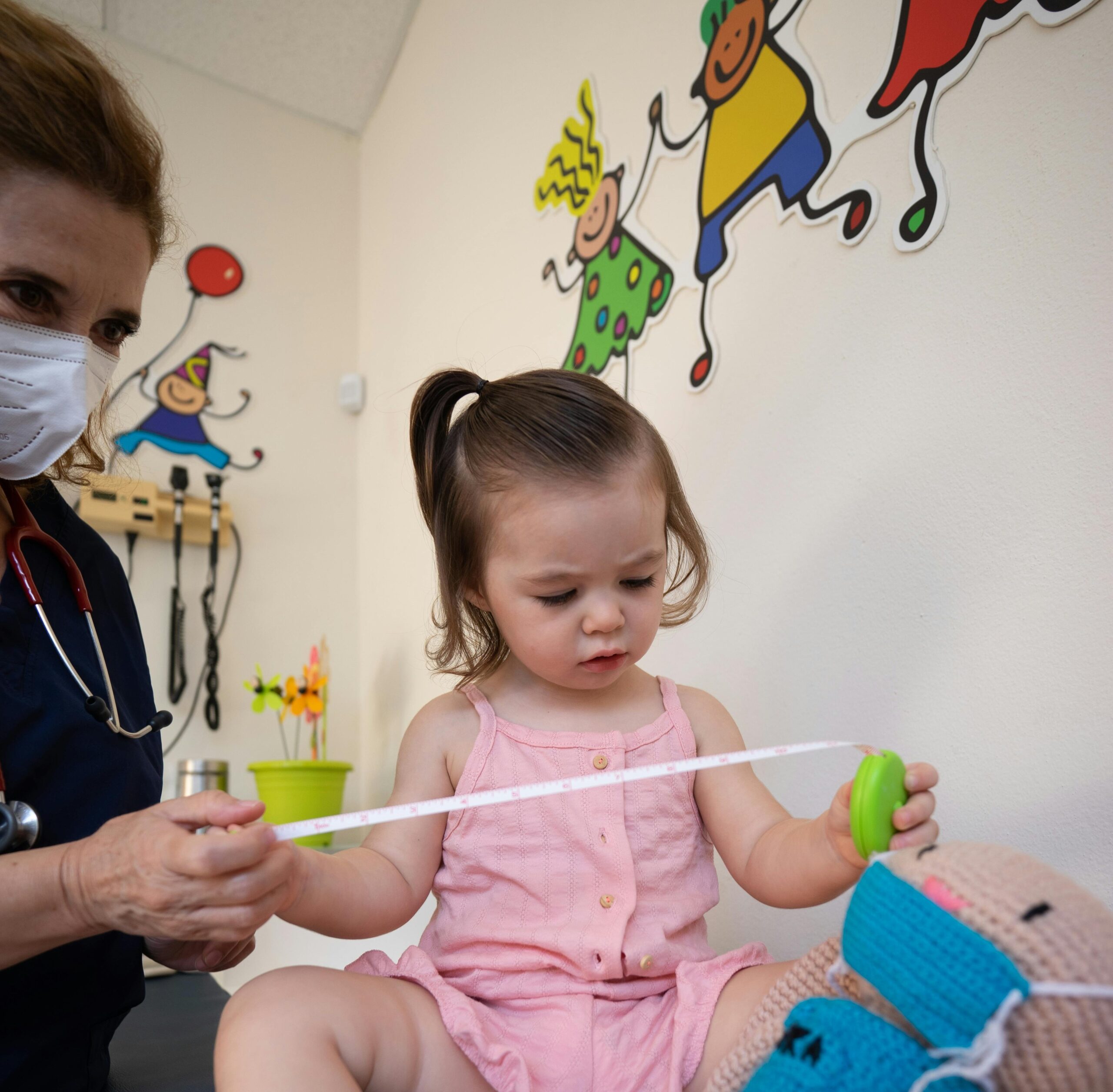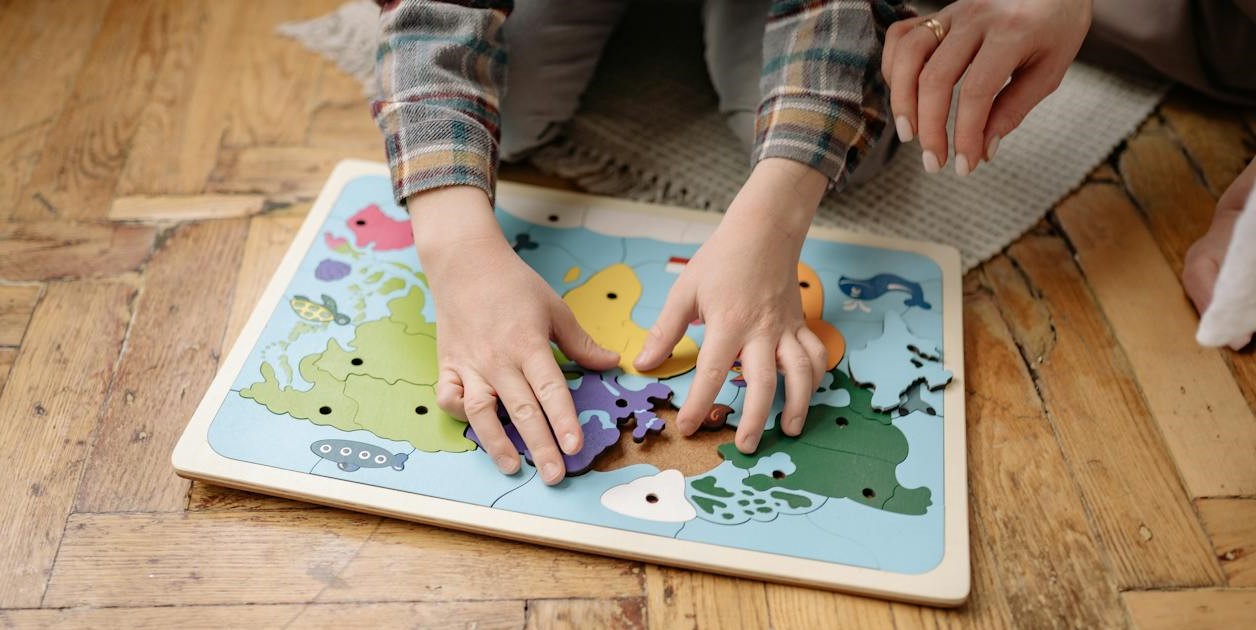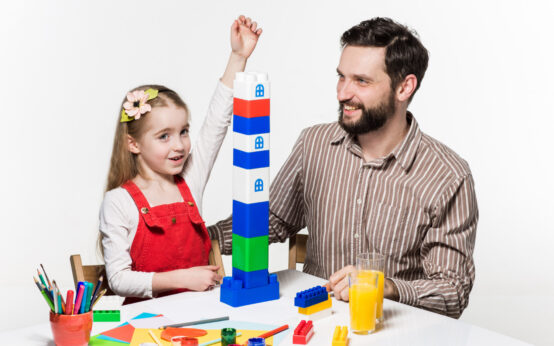Introduction
As children progress through their developmental stages, acquiring essential motor skills is a key aspect of their growth. Unfortunately, individuals with autism spectrum disorder (ASD) often encounter motor skill challenges, significantly impacting their daily lives.
Understanding Autism Spectrum Disorder
Autism spectrum disorder is a neurodevelopmental condition that alters how individuals interact and communicate. Despite lacking a cure, ASD symptoms emerge during childhood and persist throughout life. The intricacies of this disorder extend to the development of motor skills, influencing posture and coordination.
Impact of Autism on Motor Skills
Medical studies indicate that children with ASD frequently struggle with posture, coordination, and fundamental motor skills. While difficulties in mastering motor skills are not the primary symptoms of autism, these challenges are prevalent. Comparable motor skill issues are observed in individuals diagnosed with attention deficit hyperactivity disorder (ADHD), cerebral palsy, and Down syndrome.

In the intricate dance of development, those with autism may navigate unique motor skill challenges, yet their journey unveils the extraordinary resilience and untapped potential within every step.
Dr. Kerry Magro
Diverse Motor Skill Challenges in Autism
Children with autism often exhibit delays in both gross and fine motor skills development. Recognizable symptoms include low muscle tone, frequent stumbling while walking, difficulty in writing or drawing, reluctance to use swings or engage in activities like jumping and hopping, reduced activity levels, and compromised hand-eye coordination, affecting activities such as playing catch.

Addressing Motor Skill Challenges
Parents can play a pivotal role in supporting their children with autism by encouraging mimicking activities. Simple exercises like jogging or hopping can be beneficial, followed by more intricate activities focusing on fine motor skills development, such as hand movements and writing. It’s crucial to consider the child’s age and choose appropriate movements to avoid overexertion.
Identifying Motor Issues in Infants
Motor issues can be noticeable in infants as young as one month old. Signs such as reluctance to move arms or persistent head flopping at four months may indicate potential ASD. Additionally, an inability to grasp small objects or perform basic actions like clapping hands may raise concerns. Parents should promptly consult with a doctor if ASD is suspected.
Assessing Motor Skills
Early assessment by doctors and researchers is vital for accurate diagnosis and timely intervention. Questions about developmental milestones, such as smiling and vocalization, help gauge motor skills. Traditional testing methods involve evaluating a child’s ability to run, skip, hop, jump, hold a crayon or pencil, and transfer objects between hands. Advanced technologies like sensors, gyroscopes, accelerometers, pressure mats, and virtual reality have enhanced the accuracy of motor skills assessments.

Treatment Approaches for Motor Challenges
Upon diagnosis, a treatment plan is recommended, often including physical and occupational therapy. Cognitive therapy, kinesthetic therapy, and sensory integration therapy may also be incorporated. Some practitioners endorse specialized sports programs and music therapy, though further research is needed to establish their efficacy. Applied behavior analysis (ABA) therapy, emphasizing goal-setting and incremental achievements, has shown positive results.

Everyday Activities to Enhance Motor Skills
Incorporating motor skills development into daily activities is crucial. Activities such as walks, dancing, puzzles, and painting can be enjoyable and beneficial. For dressing, using colored stickers and simplified clothing options aid children with motor challenges. Similarly, cutlery with guidance markers or stickers can make mealtime easier.

Conclusion
A diagnosis of ASD may be overwhelming for parents, but with patience and consistent effort, children can progress at their own pace. Integrating motor skills development into daily activities, combined with professional therapies, fosters a supportive environment for children with autism to thrive and enhance their motor skills over time.
Source
- American Psychiatric Association. (2013). Diagnostic and statistical manual of mental disorders (5th ed.). Arlington, VA: American Psychiatric Publishing.
- Green, D., Charman, T., Pickles, A., Chandler, S., Loucas, T., Simonoff, E., & Baird, G. (2009). Impairment in movement skills of children with autistic spectrum disorders. Developmental Medicine & Child Neurology, 51(4), 311–316.
- McCoy, A. M. (2013). Understanding motor abilities in children with autism spectrum disorders. Topics in Language Disorders, 33(4), 307–317.
- Pan, C. Y. (2008). Objectively measured physical activity between children with autism spectrum disorders and children without disabilities during inclusive recess settings in Taiwan. Journal of Autism and Developmental Disorders, 38(7), 1292–1301.
- Provost, B., Lopez, B. R., & Heimerl, S. (2007). A comparison of motor delays in young children: Autism spectrum disorder, developmental delay, and developmental concerns. Journal of Autism and Developmental Disorders, 37(2), 321–328.
- Whyatt, C., & Craig, C. (2012). Motor skills in children aged 7-10 years, diagnosed with autism spectrum disorder. Journal of Autism and Developmental Disorders, 42(9), 1799–1809.







